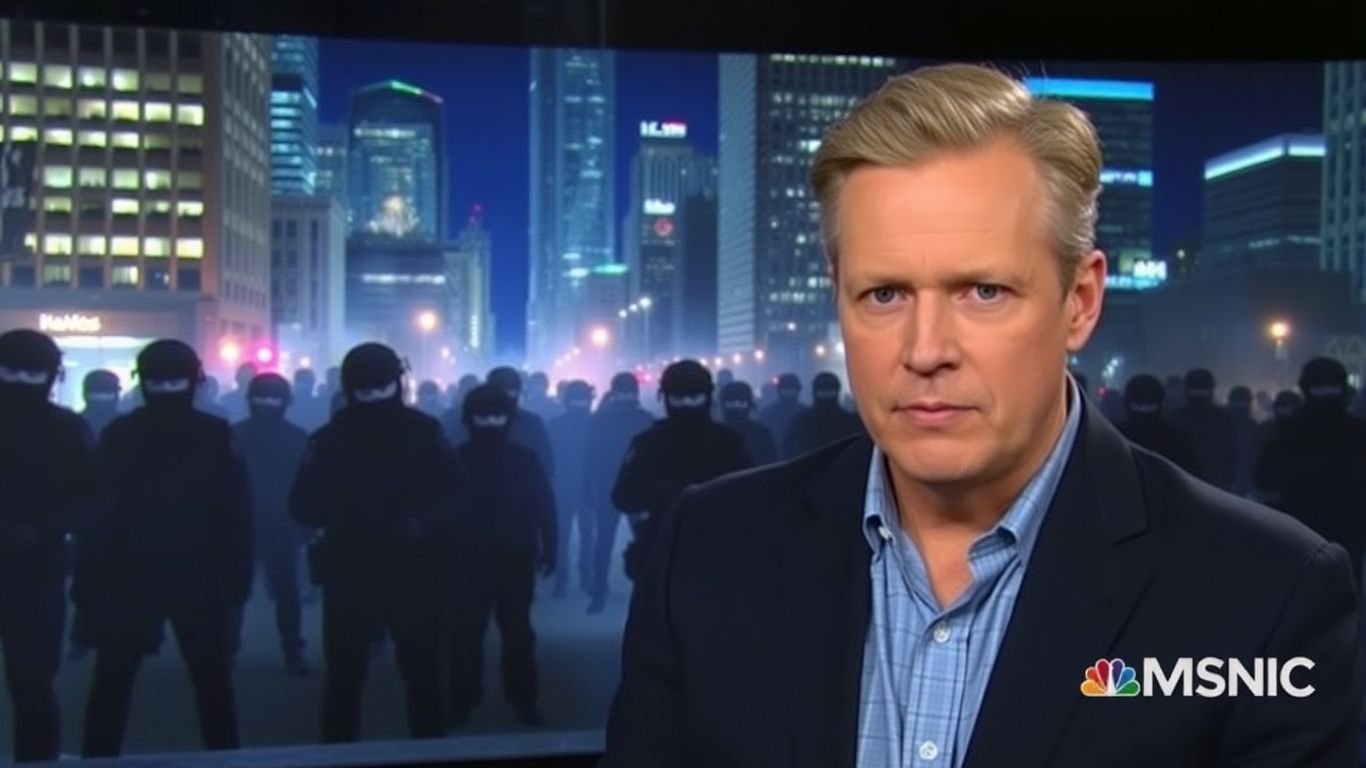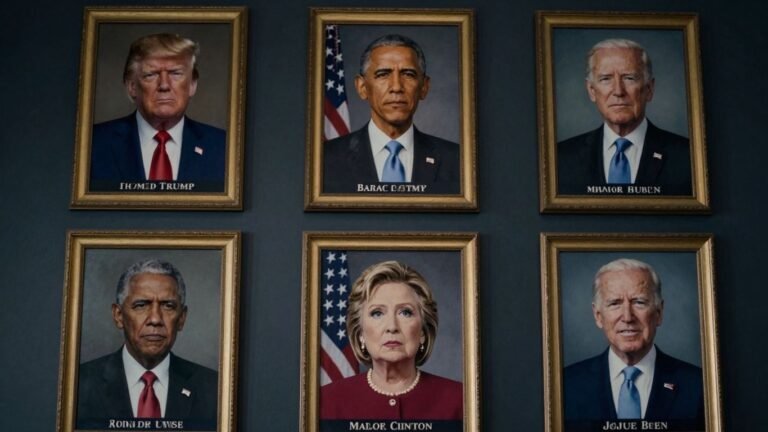Scott Jennings Criticizes Democrats for Downplaying Antifa Violence as ‘Protests’

Political commentator Scott Jennings recently expressed strong frustration over what he views as a mischaracterization from some Democratic figures, who label violent incidents involving Antifa as mere ‘protests.’ Jennings’ comments reignite debate over rhetoric used to describe clashes with law enforcement and attacks on federal property.
Key Takeaways
- Jennings argues that labeling Antifa actions against law enforcement and federal sites as "protests" distorts the reality of violence.
- The debate reflects wider political divides on how civil unrest and protests are described and handled.
- The terminology used influences public perception, framing and policy response.
Background: Recent Incidents and Political Reactions
In recent years, cities across the United States have witnessed demonstrations that, on occasion, escalated into violent confrontations between law enforcement and groups identified as Antifa. These events often resulted in property damage, injuries, and mass arrests. While some see these actions as legitimate expressions of dissent, others—including Jennings—describe them as outright attacks that should not be softened by rhetoric.
Political leaders and media outlets have come under scrutiny for their choices in describing these incidents. Jennings’ pointed remarks underscore a growing frustration with what some view as an attempt to minimize the gravity of attacks on public servants and government structures.
The Impact of Language in Describing Civil Unrest
The language used by politicians and the media shapes the narrative around social unrest. Words like "protest" carry a strong association with constitutionally protected, peaceful assembly, while terms such as "riot" or "attack" evoke lawlessness and violence.
Jennings’ criticism highlights concerns that downplaying or mischaracterizing the severity of certain actions may affect:
- Public Understanding: It can create confusion about what constitutes lawful dissent versus criminal activity.
- Policy Formation: Language influences legislative responses, ranging from law enforcement tactics to judicial proceedings.
- Social Trust: Perceived bias or inconsistency in reporting and political commentary can erode trust in institutions.
Broader Political Context
The debate over how to describe politically-charged unrest is not new. It echoes past controversies over terms like "uprising," "insurrection," and "civil disobedience." Each term is imbued with political meaning and, depending on the speaker, can be used to delegitimize or validate the actions in question.
In the current polarized environment, figures like Jennings argue that clear and honest terminology is essential for public discourse. Critics, however, suggest that overly harsh language can be used to delegitimize genuine grievance and peaceful protest.
Current Developments and Perspectives
As protests and political actions continue across the country, the spotlight remains on how leaders and commentators choose their words. The divide is particularly sharp when violence occurs in the context of movements tied to broader calls for justice and reform.
Jennings’ remarks serve as a catalyst for renewed discussion about accountability, transparency, and the responsibilities of those shaping public debate. Ultimately, the way these events are framed could have lasting effects on how future incidents are understood and addressed.






